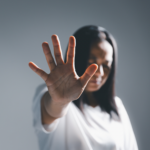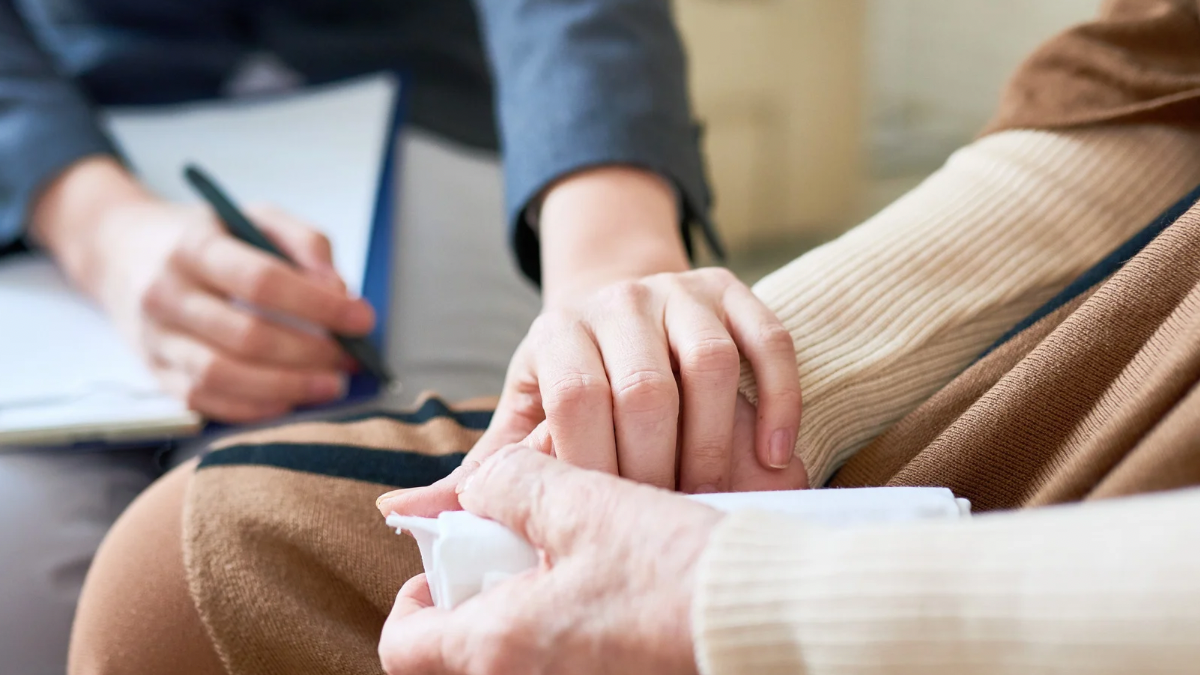
Legal Protections for Survivors: Safeguarding Rights and Recovery
April 11, 2024
Challenges in Prosecuting Sexual Offences
April 12, 2024By Dikshya Adhikari.
Reading time: two minutes
In April 2024, The Student Lawyer’s D&I team are marking the 23rd anniversary of Sexual Assault Awareness Month (SAAM). This article is part of a series of work that raises awareness and educates about SAAM.
The public often misunderstands lawyers, thinking all they care about is money. However, being a lawyer goes beyond monetary gain, it involves seeking justice and delving into sociology, psychiatry, and therapy. Lawyers deal with various cases, including those involving survivors of domestic violence, sexual assault, and other abuses, which can be complex and affect individuals and families worldwide.
Survivors of sexual assault carry both physical and emotional wounds. These wounds, though not always visible, are deeply felt. Legal professionals have a crucial role in supporting survivors, acting as their advocates and guides through the legal process, especially when it comes to navigating complex situations like leaving dangerous environments.
It’s important for those affected by violence to know they have support available. While seeking help may feel intimidating, lawyers are there to offer confidential assistance and be your trusted advocates. Survivors often continue to suffer trauma even after legal proceedings conclude because they have to relive their experiences multiple times. Being involved in the legal process can be stressful for survivors, as they have to revisit their traumatic experiences in court. Legal professionals play a vital role in ensuring survivors are not lost in the trial process. Justice means protecting those harmed and condemning the guilty.
However, this has led to public criticism of the justice system, often targeting legal professionals. In such cases, it’s essential for legal professionals to prioritise proper representation of survivors, ensuring their safety and protection in the justice system.
Legal Assistance
Legal professionals provide survivors with legal counsel, advocating for their rights and interests in legal proceedings, ensuring they receive proper representation in the legal system.
Guidance and Information
They offer guidance and advice to survivors on their legal rights, options, and procedures, educating them on how to navigate the legal process.
Safety Measures
Legal professionals assist survivors in obtaining protection orders and restraining orders to ensure their safety and prevent further harm from their abusers.
To find out more about restraining orders, read this article: ‘Legal Protections for Survivors: Safeguarding Rights and Recovery.’
Emotional Support
They offer empathetic support, acknowledging the emotional toll of legal proceedings, and provide comfort and encouragement in a professional manner.
To find out how employers can support survivors of sexual violence, read this article: ‘Addressing sexual violence in the workplace.’
Confidentiality
Legal professionals prioritise confidentiality, safeguarding the survivor’s anonymity and privacy throughout the legal process.
Additionally, they help survivors gather evidence, such as medical records and witness accounts, to support their case. Legal professionals empower survivors to exercise their rights, seek justice, and regain control over their lives after experiencing a traumatic experience. As a result, their role is instrumental in helping survivors assert their rights and rebuild their lives.





